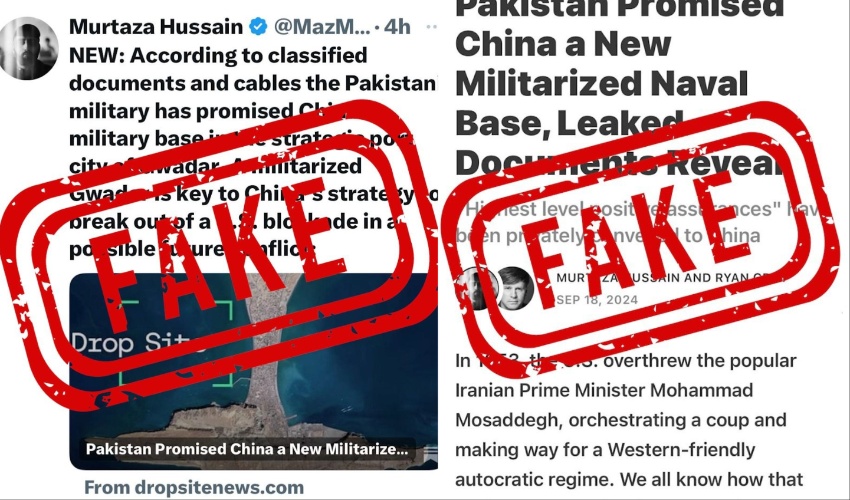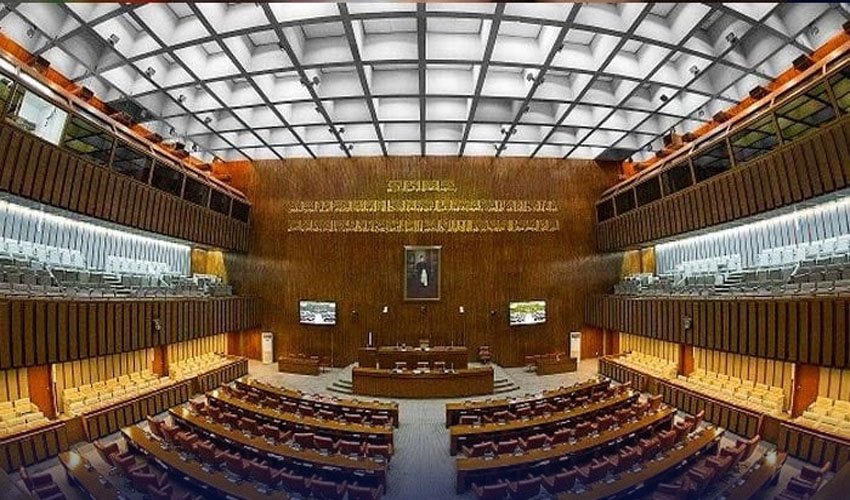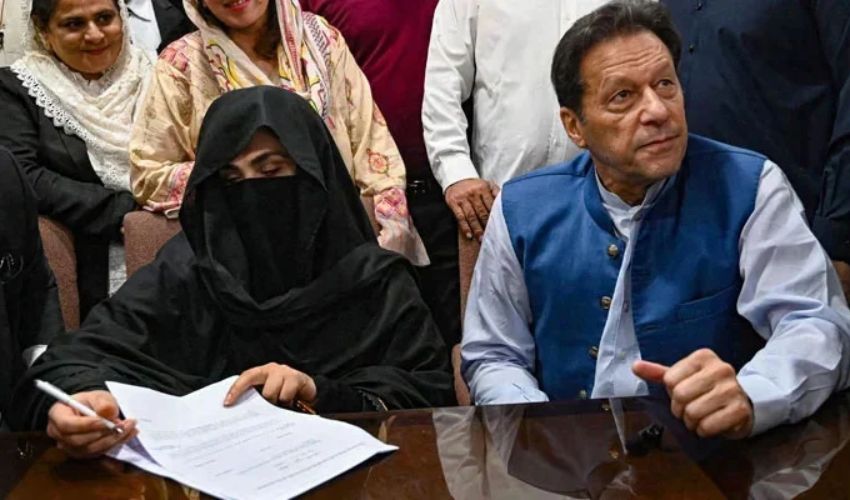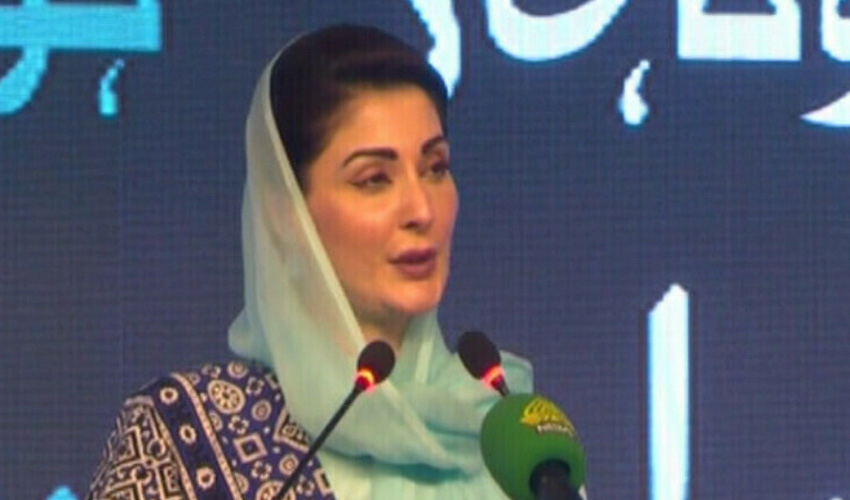Ryan Grimm and Murtaza Hussain, who have been previously criticized for their reporting, are facing backlash for their latest article published on a newly established platform, “DropSite.”
The platform emerged following their exit from “Intercept,” a site known for its critical stance on various issues. Critics accuse both journalists of perpetuating misinformation and spreading unfounded claims in their recent piece.
The article in question, heavily criticized by Pakistani officials and analysts alike, alleges various unsubstantiated claims about Pakistan’s military and strategic developments.
Specifically, it suggests that Pakistan has covertly reduced the range of its missile capabilities and that Gwadar, a port city in Pakistan, has been transformed into a Chinese naval base. Both assertions have been officially refuted by the Pakistani government.
Critics argue that the article relies on misrepresented and outdated information, rather than verified documentation. Despite frequent references to “available documents,” no such evidence is presented in the article. This lack of substantiation has fueled skepticism regarding the credibility of Grimm and Hussain's claims.
Pakistan’s Ministry of Foreign Affairs swiftly responded to the accusations, dismissing the claims as “baseless and misleading.” An official statement emphasized that the information presented in the article had already been addressed and corrected in previous press releases and official statements. The government further criticized the article for its “failure to provide concrete evidence” and for perpetuating misinformation.
Ryan Grimm and Murtaza Hussain have been labeled as “PTI loyalists” by critics, who allege that their work is financially motivated and politically biased.
The two journalists are accused of acting as “paid touts” for PTI through “GoldSmiths,” a term used to suggest financial backing from specific political entities. This perception has exacerbated concerns about their objectivity and integrity.
The controversy surrounding this article underscores a broader debate about the role of media in disseminating information and the potential impact of partisan reporting on public perception.
As debates continue, it remains to be seen how this latest incident will affect Grimm and Hussain’s reputations and the credibility of their future work.
In response to the backlash, both journalists have defended their article, asserting that their work is based on rigorous research and legitimate sources.
However, the ongoing criticism highlights the challenges of navigating political allegiances and maintaining journalistic standards in an increasingly polarized media landscape.
For now, the public and media critics await further developments and additional evidence to substantiate the claims made in the contentious article.



























